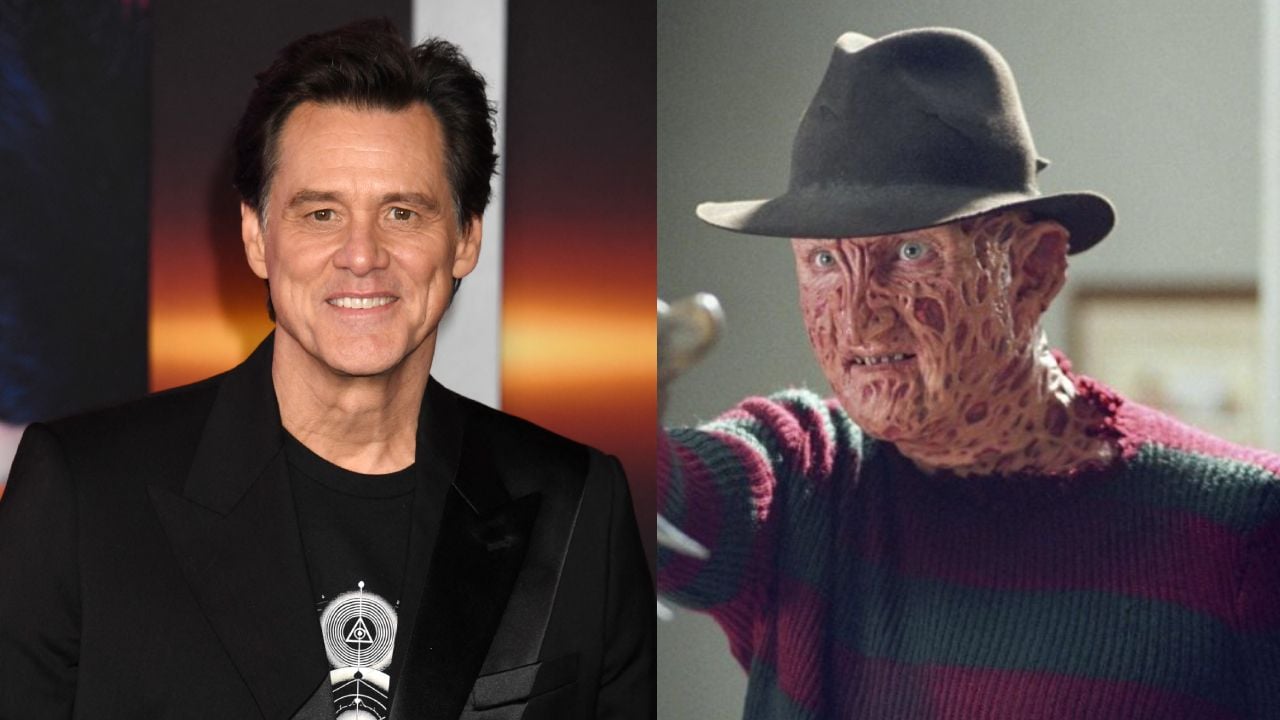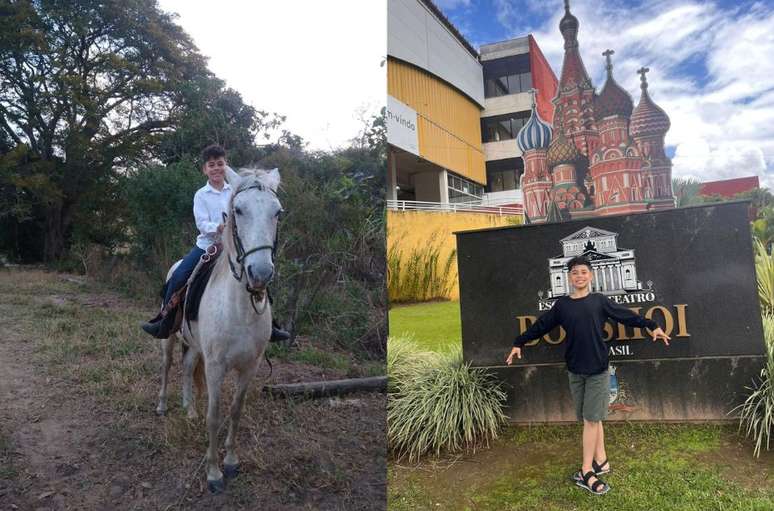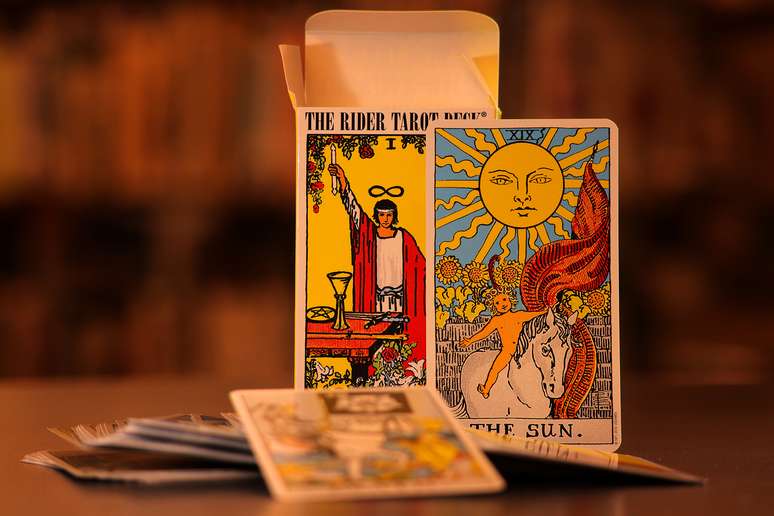The story of “Charlie and the Chocolate Factory” is a story that has enchanted generations. From its first film adaptation in 1971 to its most recent 2005 adaptation and upcoming prequel Wonka, the magical world created by author Roald Dahl continues to captivate audiences. Although they are the same story, there are substantial differences between the 1971 and 2005 films. That is why we will guide you on this journey so that you can check out the main characteristics of each work.
The 1971 version: a timeless classic
The 1971 adaptation, simply titled Charlie and the Chocolate Factory, directed by Mel Stuart and starring Gene Wilder as Willy Wonka, is a masterpiece that captured the hearts of many. With its playful atmosphere and memorable performances, the film quickly became a cult classic.
One of the distinguishing features of this film is the mysterious aura of Willy Wonka, brilliantly played by Gene Wilder. His approach to his character is that of an eccentric, almost enigmatic man who hides his true motives behind an enigmatic smile. The focus of the 1971 film is largely the experience of the five lucky people chosen to visit the factory, each with their own unique personality.
The artistic direction of the film, with the creation of the colorful and surreal Chocolate Factory, is one of the reasons why the film remains so loved. The catchy songs became instant classics and helped bring Dahl’s universe to life in a unique way.
The 2005 version: a reinterpretation with modern touches
In 2005, a remake of Charlie and the Chocolate Factory was released, directed by Tim Burton and starring Johnny Depp as Willy Wonka. This adaptation kept the essence of the original, but with Burton’s distinct aesthetic and style.

One of the main differences between the two versions lies in the approach to the character of Willy Wonka. Johnny Depp brought a more outlandish and eccentric interpretation, with a touch of ingenuity. If Gene Wilder brought a mysterious Wonka, Depp brought a Wonka with a strange past and an enigmatic way of being.
The 2005 film also explores more of Willy Wonka’s history, providing insight into his relationship with his father, played by Christopher Lee. This addition provided an emotional dimension to the story that was not so present in the 1971 version.
Visually, the 2005 film is a delight. Tim Burton’s artistic direction is unmistakable, with his extravagant sets and characters with a peculiar gothic aesthetic. The Chocolate Factory, in this version, is a visual marvel, with painstaking detail that captures the audience’s imagination.
Wonka: what to expect
As the magic of Charlie and the Chocolate Factory continues, a new adaptation is on the way. The film “Wonka”, which is scheduled for release in 2023, promises to return to the fascinating world of baking and exploration. This time, the famous actor Timothée Chalamet will play the role of a young Willy Wonka.
What makes this film particularly interesting is the idea of exploring the origins of the enigmatic Willy Wonka, something that hasn’t been fully revealed in previous versions, although the 2005 one did give us some glimpses into the character’s past. Wonka’s journey from his earliest days to becoming the chocolate factory tycoon is a story that promises to be exciting and full of surprises.

Comparison with the original book
Charlie and the Chocolate Factory wouldn’t be the phenomenon it is today without Roald Dahl’s brilliant book, originally published in 1964. The book is the root of the magic that has inspired all the film adaptations. By comparing the 1971 and 2005 versions with the book, we can see how the directors and screenwriters were inspired by the original narrative to create their own visions.
One of the most striking similarities between the book and both films is the idea of a truly magical chocolate factory, with its unusual rooms and delicious creations. Dahl’s imagination created a world that has transcended the pages of the book and come to life on the big screen.
However, each film adaptation has brought its own nuances. The 1971 film stayed relatively faithful to the book in terms of plot, but added a touch of charm and a sense of mystery surrounding Willy Wonka. The 2005 film, while retaining the essence, added a layer of depth to the story, especially in its exploration of Wonka’s life and motivations.
The new film, Wonka, promises to take that comparison to a new level, exploring the character’s origins in a way the book never has. It will be a fascinating opportunity to see how the script builds on the source material to create a unique and engaging story.
Whether it’s the fascinating mystery of the 1971 version, Tim Burton’s quirky 2005 aesthetic, or the electrifying promise of Wonka’s new film, one thing is certain: the magic of the Chocolate Factory continues to envelop us, reminding us of the importance of imagination and adventure, no matter how old we are.
And, at the end of it all, we can always go back to Roald Dahl’s original book to relive the story that gave rise to this wonderful journey. With each new adaptation, we discover new details, relive memories and rekindle our love for this unforgettable story that is truly magical in every form.
The post What is the difference between Charlie and the Chocolate Factory movies? first appeared on Look Digital.
Source: Olhar Digital
Rose James is a Gossipify movie and series reviewer known for her in-depth analysis and unique perspective on the latest releases. With a background in film studies, she provides engaging and informative reviews, and keeps readers up to date with industry trends and emerging talents.






